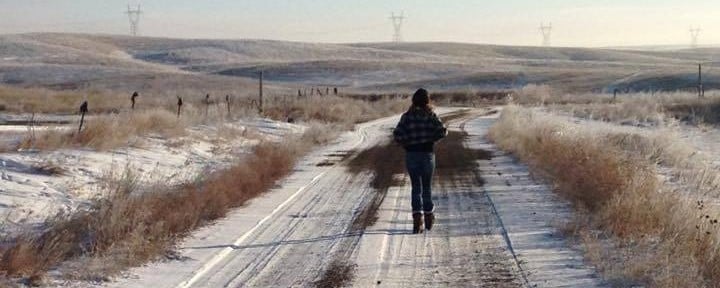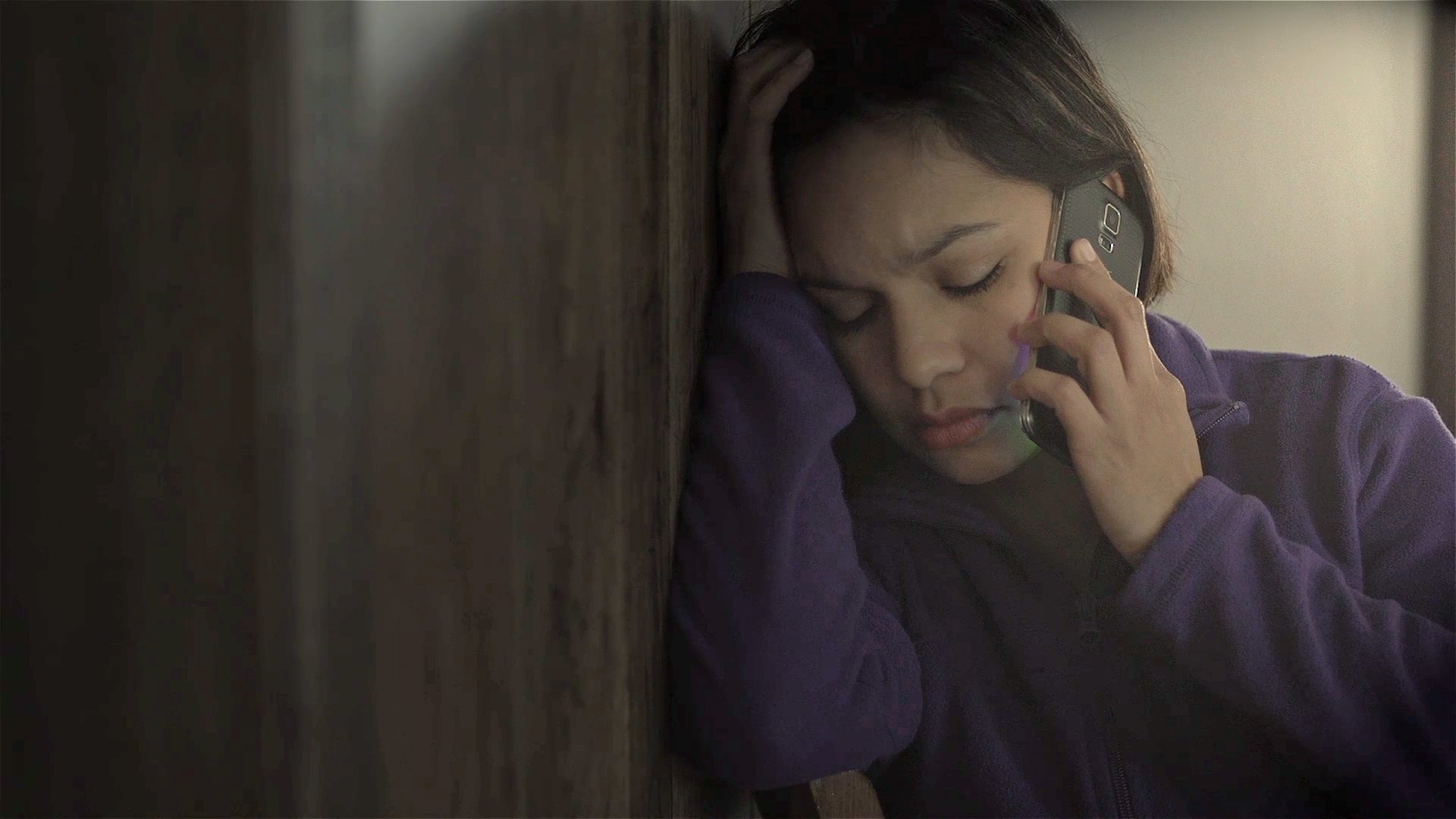Jan 10, 2025 | Native Hope
January is Human Trafficking Awareness Month—a time dedicated to raising awareness about sex slavery and human trafficking across the globe. This critical issue is one that we at Native Hope are deeply passionate about addressing. Year-round, we confront this crisis head-on by supporting programs that provide vital services to victims of this horrific crime.
The sobering facts About Human Trafficking
Today, an estimated 50 million people are enslaved worldwide, including those in forced labor and forced marriages—more than at any other time in history. Human Trafficking Awareness Month began as a U.S. initiative to combat this form of modern-day slavery and restore freedom and dignity to those affected.
While human trafficking is a global crisis, it is also prevalent in our own state. In South Dakota alone, Native American women and children make up 40% of sex trafficking victims. Federal data reveals that Native women are twice as likely to be sexually assaulted as women of other races and are disproportionately affected by intimate partner violence and other forms of assault.
This vulnerability is compounded by factors such as poverty, substance abuse, and the foster care system. Former U.S. Secretary of the Interior Sally Jewell highlighted the alarming threat of trafficking to Native communities, calling Native Americans and Alaska Natives "some of the most vulnerable" populations.
Lisa Brunner, from the National Indigenous Women’s Resource Center, underscores the severity of this crisis:
“Human trafficking of Native women in the United States is not a new era of violence but rather the continuation of a lengthy historical one... Native women experience violent victimization at a higher rate than any other U.S. population. More than 1 in 3 Native American and Alaska Native women will be raped in their lifetime, and over 6 in 10 will be physically assaulted. Native women are murdered more than ten times the national average. Given these statistics, the level of human trafficking in tribal communities can only equate to epidemic levels.”
Change begins with one
Faced with such a profound issue, many wonder: What can I do to make a difference?
The answer is simple: change begins with one.
One person taking a stand. One voice speaking out. One individual inviting others to join the fight. We can no longer say, "It’s not our problem." It is our problem. Together, we can confront trafficking and support its victims.
Help, hope, and healing for victims of human trafficking
At Native Hope, we are committed to raising awareness and providing resources to combat human trafficking.
- Community Outreach: We distribute informational posters throughout South Dakota and online, highlighting the signs of trafficking and providing hotline resources for reporting. We are dedicated to providing resources for assisting victims and being their voice.
- Sturgis Motorcycle Rally: Every August, we engage with thousands of attendees, equipping them with knowledge to identify and report trafficking and bring perpetrators to justice.
- Never In Season Campaign: Launched each October during South Dakota’s hunting season, this initiative raises awareness about trafficking tied to tourism. As part of this campaign, we participate in the Red Sand Project, symbolizing the cracks in society that victims often fall through.
Signs of a Trafficking Victim
Victims of trafficking may display the following behaviors:
- Avoiding eye contact.
- Inability to speak for themselves.
- Anxiety, particularly around law enforcement.
- Lack of knowledge about their location.
- Inconsistencies in their story.
- Visible signs of mental or physical abuse.
Learn the signs and how to report human trafficking. If you see something, say something.
- If you or someone you know is being trafficked or assaulted, call 911 so local law enforcement can respond immediately.
- If a person needs to reach out and talk to someone, please call the 24-hour SD Statewide Sex Trafficking & Sexual Assault Victim Hotline at 1 (888) 352-8511 or 211.
Take Action: Join Us for #WearBlueDay on January 11
On January 11, join the Blue Campaign to raise awareness of human trafficking. Participate in #WearBlueDay by wearing blue, snapping a photo, and sharing it on social media with the hashtag #WearBlueDay. Encourage others to do the same.
Together, we can shine a light on this hidden crime and work to end trafficking. Let’s stand united to offer hope, help, and healing to victims in need.


COMMENTS